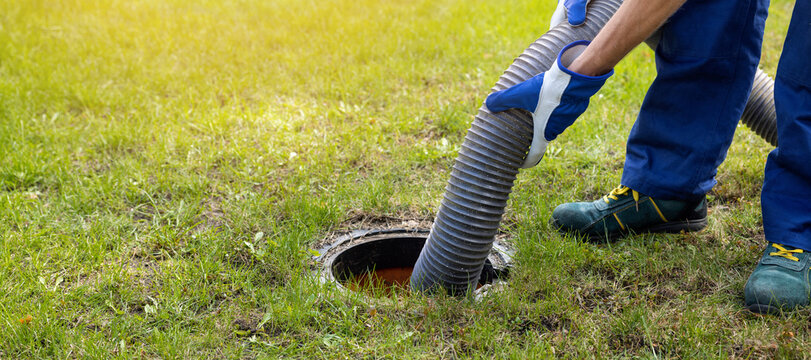
The septic tank system in your home does the same thing as the central sewer systems found in cities. However, septic systems operate on a smaller scale, and instead of being owned by the local authorities, they are solely owned by homeowners, says Ocean Realty & Property Management.
Septic systems are also more fragile than centralized sewer systems. They are very sensitive to your water usage patterns, the weather, and soil conditions. This is why it is always important to pay close attention to the performance of your septic tank.
Part of keeping your septic system operational includes pumping the tank at intervals to get rid of buildup. Without this crucial step, your septic tank would eventually overflow and lose most of its functionality.
Why should you pump your septic tank?
Pumping a septic tank is essential because of how the system is designed to work. Unlike central sewer systems, where wastewater is treated at a different location from where it originated, septic tank systems treat wastewater on-site – on your property.
All the wastewater from your plumbing ultimately finds its way into the septic tank. Once there, anaerobic bacteria break down the solids. The resulting liquid exits the tank into the drain field, where it is further acted on by bacteria and absorbed into the soil.
This process takes a lot of time.
For the system to work, the bacteria inside the tank must have enough time and space to decompose the waste inside the septic tank. This cannot happen if the tank is full because wastewater will be forced to exit the tank before it has been fully treated.
What happens if you fail to pump your septic tank?
7 Reasons why septic tank pumping is important
- Stop drainage problems in your home
An overflowing septic tank will affect the function of your drainage system. Persistent drainage problems in the home are often caused by clogs in the inlet pipe of the septic system. Solid that should flow into the tank is trapped in the inlet pipe, causing debris to build up inside the drainage pipes and sewer line.
- Avoid septic system failure
An overflowing tank upsets the operation of the septic system. To work effectively, the system needs both aerobic and anaerobic action to slowly digest the materials in the tank. If the process is disrupted because too much wastewater is entering the tank, untreated water will start to flow out of the septic system.
- Prevent a flooded drain field
The leach field’s ability to absorb water must be carefully balanced by the amount of water flowing out of the septic tank. If the outflow from the tank is more than the capacity of the leach field, the drain field will become over-saturated with water. Pumping your septic tank gives your drain field a chance to rest and reset.
- Protect your family’s health
An overflowing tank not only releases too much water into a leach field, but the water will be untreated. This causes undigested wastewater, with high amounts of harmful bacteria, to pool in the leach field. The bad odor from this water and the unsanitary conditions it creates can harm people and the environment.
- Prevent soil/water pollution
If you get your drinking water from a well, you risk contaminating your water supply if you don’t pump your septic tank. Inadequately treated effluent from a septic tank can infiltrate into the ground and contaminate groundwater. This water eventually finds its way to nearby water bodies and wells.
- Protect your finances
An overflowing septic tank may hurt the value of your property. Bad odors from the leach field damage the ambiance of your home. The problems in your leach field will even kill surrounding vegetation. Septic tank issues also increase your plumbing maintenance costs since they make your septic tank more prone to damage.
- Compliance with local regulations
Septic systems rely heavily on the surrounding environment. The link between them and the environment can result in dire consequences for humans, plants, and wildlife. For these reasons, septic systems are highly regulated. One of the requirements by the authorities is that septic tanks be pumped regularly.
When should you pump your septic tank?
This depends on:
- The size of the septic tank
A septic tank should be sized according to the number of people in the home. Smaller tanks fill up faster and, therefore, need pumping more often.
- Water usage
Even with a large septic tank, your home’s water usage patterns can still influence the performance of your septic system.
- The type of waste
If you habitually flush non-biodegradable items and chemicals into the septic tank, you must pump the system more often.
- The condition of the system
If your septic system is showing signs of inefficiency or the drain field is saturated, you should pump the tank.
To conclude, to know when to pump your septic tank, you should talk to an experienced plumber and let them inspect your septic system. A good plumber can also identify any budding issues in your septic system and the root causes of any existing problems.

